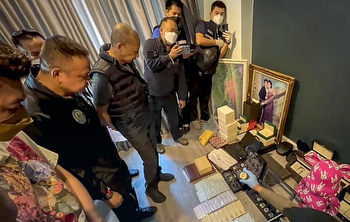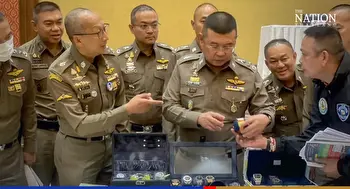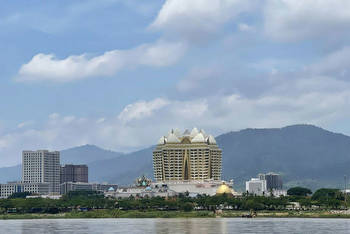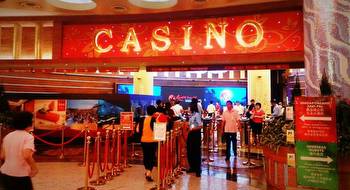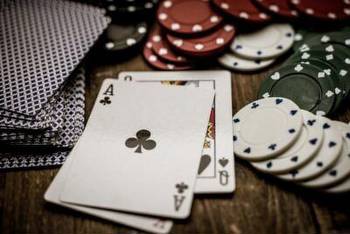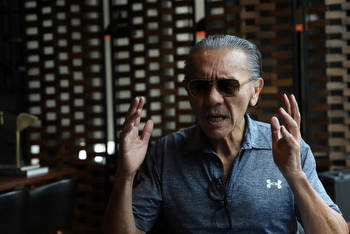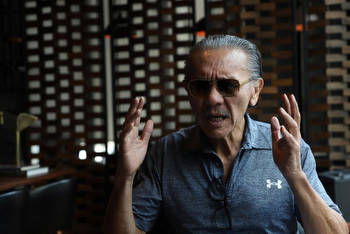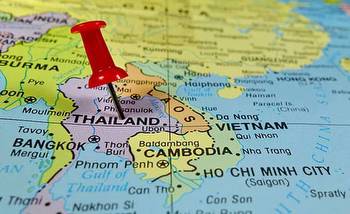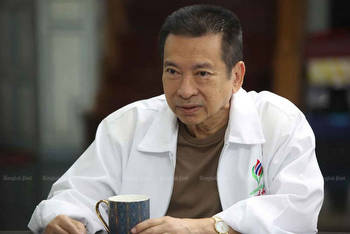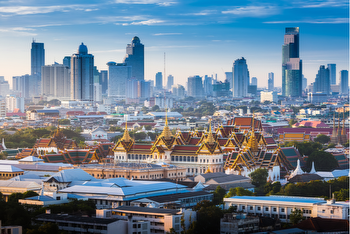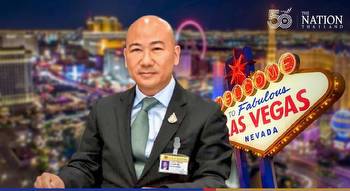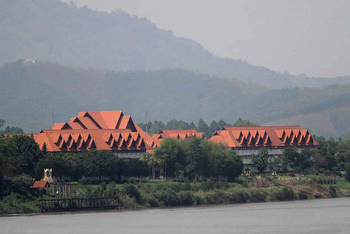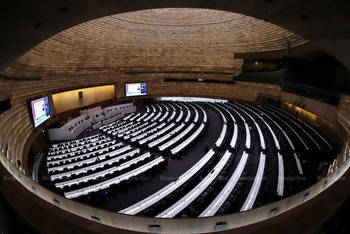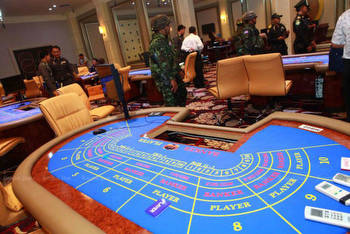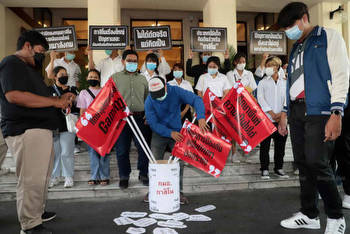Rolling dice on casinos

The House of Representatives voted 310 to nine in favour of setting up an extraordinary committee to study a plan to build a major casino venue as part of an entertainment complex. The 60-member panel has appointed five sub-committees to explore related areas including related laws, investment and the format of the complex and measures to prevent any negative impacts. It has 90 days to wrap up the work.
The proposal to set up the House committee was put forward by government and opposition MPs. They touted the casino-entertainment complex as a fix for the Covid-19-battered economy. The Northern Economic Corridor was floated as the location of the project. It would depend on the feasibility study and local public input. If casino gambling was legalised, the country would have more money from tax revenue to subsidise social welfare schemes, education and public infrastructure projects.
Chutchawan Kong-u-dom, leader of the Thai Local Power Party, is confident the casino project will materialise this time around. He also said the party would include legalisation of casinos in its policy platform for the next election with tax income earmarked to help farmers or students. Thai Civilized Party leader Mongkolkit Suksintharanon said illegal gambling activities and online betting made 80 billion to 120 billion baht a year.
Thanakorn Komkris, secretary-general of the Stop Gambling Foundation, wants the casino proposal to be put up for a referendum. He is concerned that casinos could be used by criminals to launder illegally-gained money. He also wants to see the government develop mechanisms to regulate gambling activities and mitigate the impacts. Mr Thanakorns does not see eye to eye with those who consider the project a potential solution to illegal gambling or a source of revenue to fund social welfare programmes.
Nattakorn Vititanon is a lecturer at the faculty of humanities and social science, Chiang Mai Rajabhat University. He warned that opening a casino when the pandemic is not yet over may backfire due to travel restrictions. According to a 2019 study by the Centre for Gambling Studies, some 30.42 million Thais engaged in some sort of gambling. About 20% were between 15 and 18 years old, 46% aged between 19 and 25, and 42% of Thais were 60 or older.









